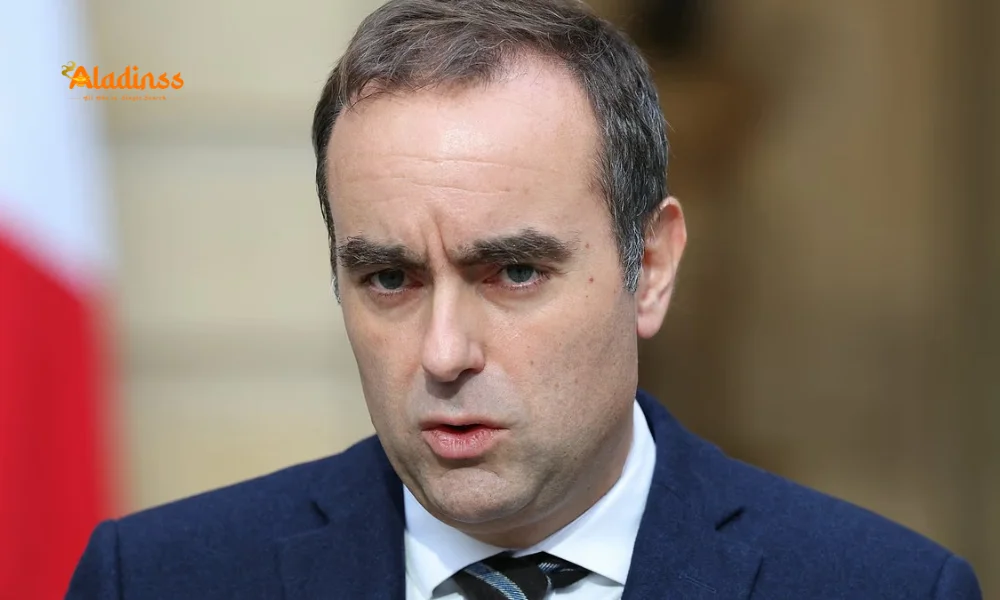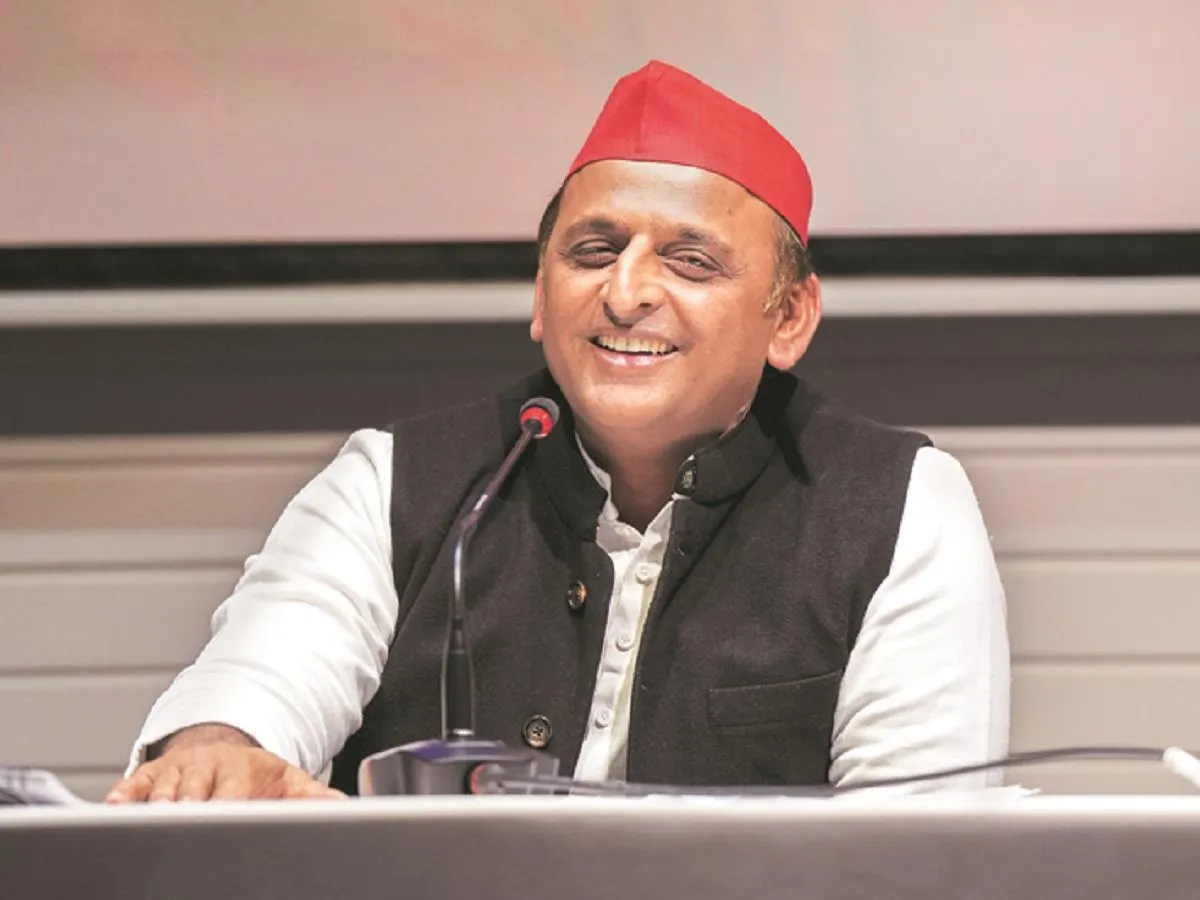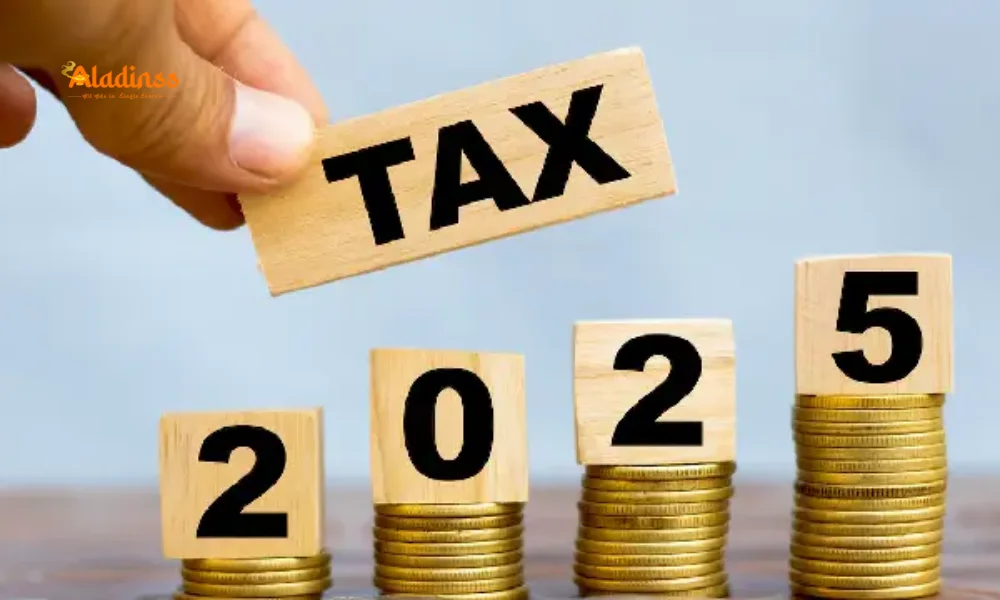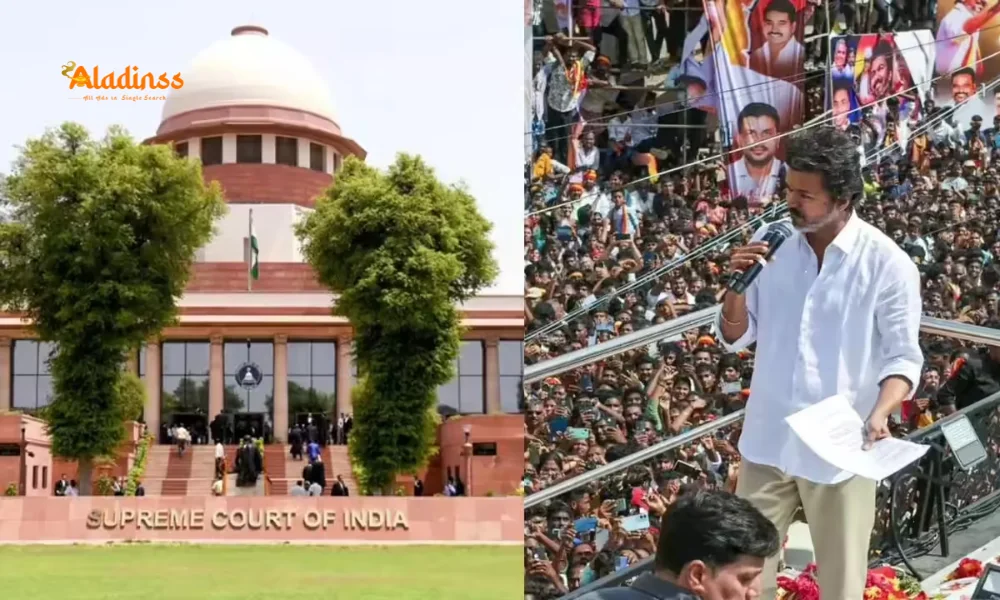Trump's Doctor: Cardiac Age 14 Years Younger
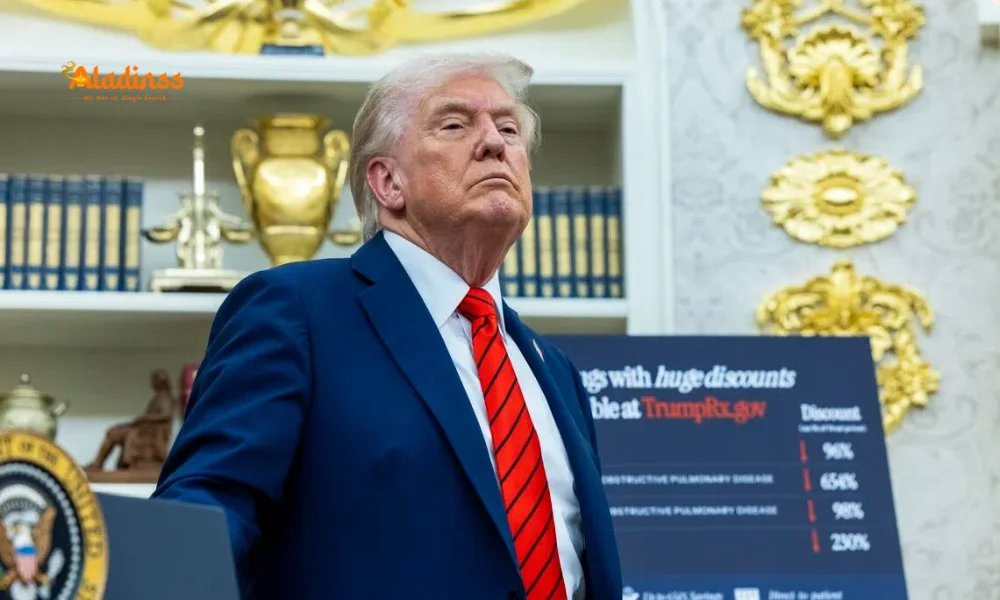
Trump's Physician Declares Exceptional Health with Cardiac Age 14 Years Younger
In a reassuring update amid ongoing speculation about the vitality of the nation's leader, US Navy Captain Sean Barbabella, serving as President Donald Trump's personal physician, issued a glowing health assessment following a routine evaluation at Walter Reed National Military Medical Center. Conducted on Friday, October 10, 2025, the checkup affirmed that the 79-year-old commander-in-chief is in exceptional health, capable of sustaining a rigorous schedule without limitations. This Trump health report highlights his cardiac age as remarkably 14 years younger than his chronological age, a testament to robust cardiovascular performance that has quelled concerns raised by political opponents and media outlets alike.
The concise one-page memo, addressed to White House Press Secretary Karoline Leavitt, paints a picture of peak physical condition across multiple fronts. Barbabella noted strong showings in cardiovascular, pulmonary, neurological, and overall physical metrics, underscoring Trump's resilience as the oldest individual to ever assume the presidency upon his January 2025 inauguration. As the second-oldest president in US history, trailing only Joe Biden's tenure, this evaluation arrives at a pivotal moment, just weeks before critical midterm maneuvers and amid whispers of a potential 2028 re-election bid.
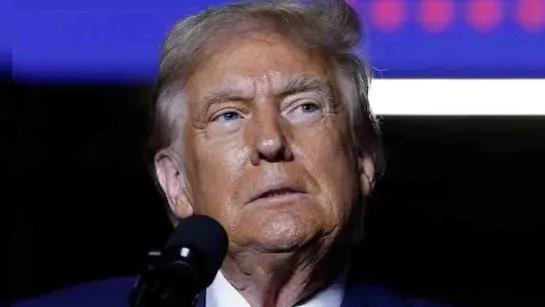
Trump's longstanding affinity for high-energy routines – from golf outings to marathon rally speeches – aligns seamlessly with the findings. The report emphasizes his ability to "maintain a demanding daily schedule without restriction," a phrase that echoes his campaign-era vigor and dismisses narratives of frailty. This latest Trump doctor's report not only bolsters his image as a tireless leader but also invites scrutiny on how such disclosures factor into public trust in an era of heightened transparency demands for elected officials.
Key Highlights from the Comprehensive Health Evaluation
Delving deeper into the metrics, the evaluation utilized advanced electrocardiogram (ECG) analysis to quantify Trump's cardiac age – a sophisticated indicator of heart health that factors in electrical activity and vitality. At 65 in physiological terms versus 79 chronologically, this 14-year gap underscores efficient cardiac function, potentially attributable to disciplined exercise and medical oversight. Barbabella's summary, spanning just a few paragraphs, radiates confidence, positioning the president as a model of longevity in high-stakes leadership.
Beyond the heart, the assessment covered a broad spectrum: pulmonary capacity showed no deficits, neurological exams revealed sharp cognition, and physical benchmarks – including strength and flexibility – exceeded expectations for his age group. This holistic view counters earlier queries about Trump's health, which intensified post-inauguration due to visible signs like leg swelling and hand bruising reported in July 2025. The physician's clean bill of health serves as a strategic release, timed to pivot focus toward policy achievements rather than personal vulnerabilities.
Comparatively, the April 2025 memo had detailed Trump's physique at 6 feet 3 inches tall and 224 pounds, with cholesterol levels managed effectively through medication. His dietary preferences, including a fondness for red meat, are acknowledged as contributors to LDL cholesterol, yet balanced by a preventive regimen that includes low-dose aspirin for cardiovascular protection.
Addressing Past Health Concerns and Lifestyle Factors
Public fascination with presidential fitness dates back decades, but Trump's tenure has amplified it, given his age and unorthodox habits. The July 2025 disclosure of lower leg edema and right-hand bruising sparked online frenzy, with photos capturing swollen ankles and camouflaged marks fueling speculation. Barbabella's prompt response attributed the leg issue to chronic venous insufficiency – a prevalent, non-threatening ailment in seniors – treatable with compression and elevation.
The hand discoloration? Minor irritation from relentless handshakes, a staple of Trump's interactive style, compounded by aspirin's blood-thinning effects. This transparency, while minimal, aligns with White House protocols for disclosing non-serious conditions, yet it contrasts with fuller reports from predecessors like Ronald Reagan or Bill Clinton. Critics argue for more granular data, such as full lab results or independent verifications, to assuage doubts in a polarized climate.
Lifestyle plays a starring role in Trump's robust profile. His aversion to alcohol and tobacco, paired with golf as cardio, likely bolsters that enviable cardiac age. Diet remains a wildcard – steaks and fast food notwithstanding – but moderated by statins and routine monitoring. Experts posit that genetic predispositions, combined with access to elite care, explain much of this outlier status among octogenarians.
Political Ramifications of the Health Disclosure
In the cutthroat arena of American politics, health reports like this one double as ammunition. For Trump, the excellent health verdict fortifies his narrative as an indefatigable force, countering Democratic jabs about cognitive decline or physical limits. As midterm elections heat up, this memo could rally the base, portraying resilience as synonymous with effective governance – from border policies to economic overhauls.
Conversely, skeptics, including outlets like The New York Times, demand deeper dives, citing historical precedents where omissions eroded credibility. Biden's 2024 exit amid age concerns lingers as a cautionary tale, prompting calls for standardized protocols across administrations. Trump's team, however, leverages the brevity: a succinct affirmation that sidesteps fodder for endless dissection.
Looking ahead, this evaluation sets the stage for sustained scrutiny. With international summits and domestic battles on the horizon, any deviation could reignite debates. Yet, for now, it reaffirms Trump's grip on the Oval Office, where vigor is as much a political asset as policy prowess.
Comparing Trump's Longevity to Presidential Predecessors
Trump's cardiac age milestone invites parallels with past presidents. At 79, he eclipses Reagan's age at inauguration (69) and approaches the longevity records set by figures like Jimmy Carter, now 101. Unlike FDR's concealed polio or Wilson's stroke cover-up, modern eras favor disclosure – albeit selectively – driven by 24/7 media cycles.
Biden's 2024 physicals, revealing managed ailments like atrial fibrillation, underscore generational shifts in executive fitness. Trump's profile, with its emphasis on vitality metrics, positions him as an anomaly: a fast-food enthusiast defying actuarial odds through sheer willpower and medical tech.
- Cardiovascular edge: Trump's ECG score rivals athletes half his age.
- Neurological sharpness: No signs of impairment, vital for decision-making.
- Pulmonary strength: Supports endurance for lengthy engagements.
- Weight management: Stable at 224 lbs, per prior reports.
Implications for Public Health and Leadership Norms
Beyond the individual, Trump's health narrative influences broader discourse on aging in power. Cardiologists hail the cardiac age concept as a forward-thinking tool, potentially inspiring preventive care nationwide. For leaders, it spotlights the intersection of personal wellness and national security – where a president's stamina directly impacts crisis response.
As venous issues like Trump's prove benign yet common, awareness rises for at-risk demographics. His aspirin regimen exemplifies accessible interventions, democratizing elite health strategies. Politically, it fuels debates on term limits or age caps, with Trump's success challenging ageist tropes.
In wrapping up, this Walter Reed verdict isn't merely medical; it's a morale booster for supporters and a gauntlet to detractors. As Trump navigates his term's demands, his exceptional health – capped by that youthful heart – ensures he's primed for whatever lies ahead.
The memo's release, timed post-evaluation, exemplifies proactive communication in an info-saturated world. Whether through golf greens or global stages, Trump's vitality remains a cornerstone of his brand, promising continuity in an unpredictable presidency.
Ultimately, this chapter in presidential health chronicles resilience's role in democracy. With metrics like a 14-year cardiac youth advantage, Trump not only endures but thrives, setting benchmarks for future leaders to match.
Comment / Reply From
No comments yet. Be the first to comment!


